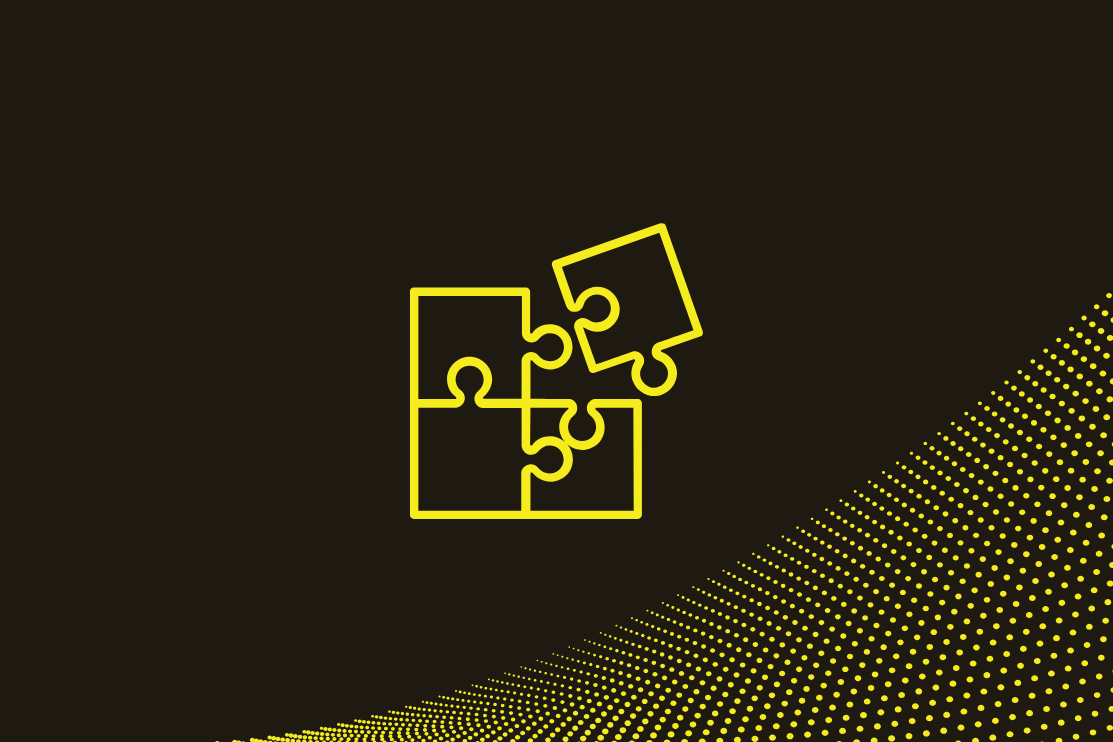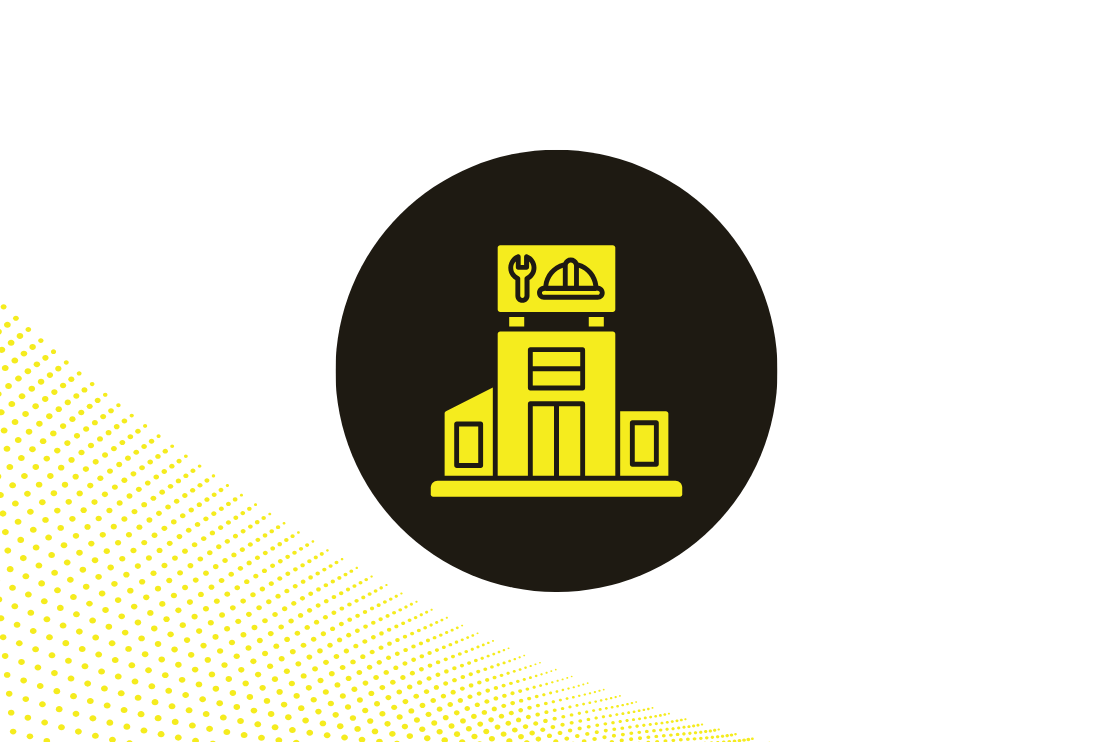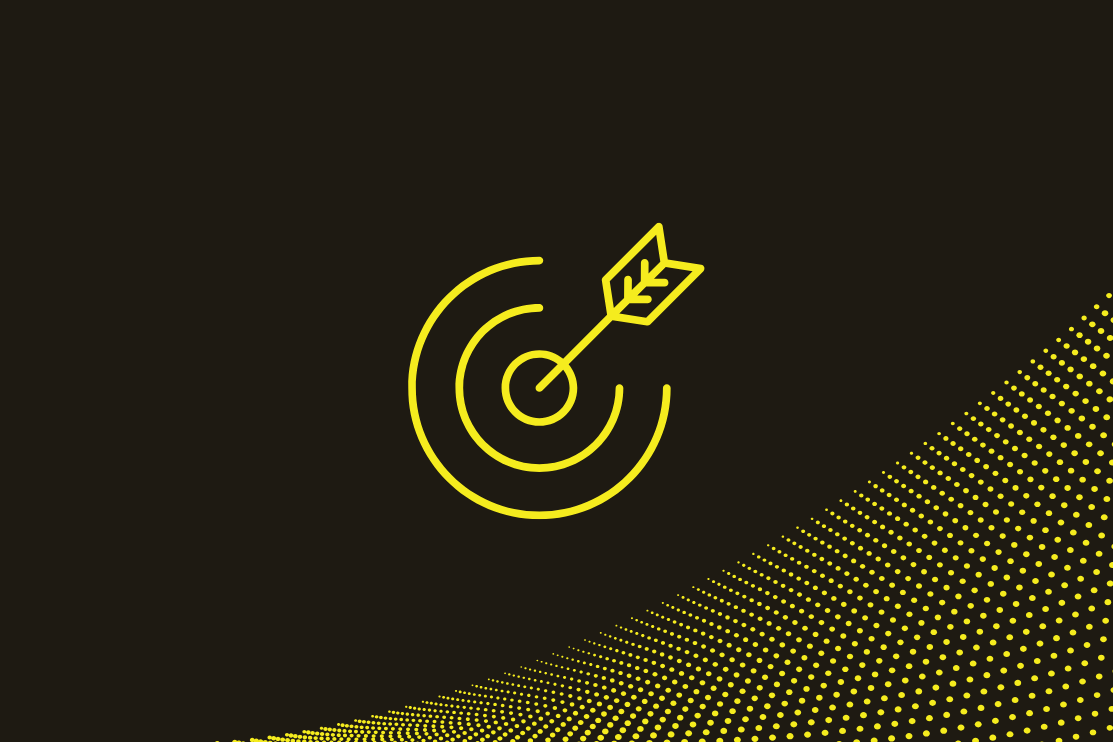How To Build Capacity and Community With Professional Learning Networks
How To Build Capacity and Community With Professional Learning Networks
How To Build Capacity and Community With Professional Learning Networks
How To Build Capacity and Community With Professional Learning Networks
How To Build Capacity and Community With Professional Learning Networks
How To Build Capacity and Community With Professional Learning Networks
Don't miss our breakout sessions!
Book time with our team on-site!
Our team is excited to meet you. Book a time that works best.


The college and career readiness (CCR) landscape is evolving at a rapid pace. In just the past few years, there have been major shifts in how colleges are using test scores for admissions, additional state requirements for schools to offer opportunities for industry certifications, the availability of AI-enabled essay generation, and increased access via technology for students to interact with college representatives and career professionals as they search for the best postsecondary fit. These changes have been simultaneous with growing academic, behavioral, and mental health needs of students stemming from pandemic disruptions, school safety concerns, and an emphasis on holistic student development.
Oftentimes, there is only one or a small team of college and career counselors in a school building charged with managing this staggering slate of tasks. This lack of a robust group of colleagues to divide responsibilities, share concerns, and creatively problem solve can make the job of a counselor feel overwhelming and isolating. Joining a broader professional learning network can provide much-needed support, access to best practices, and additional perspectives to approach challenges or transitions to new protocols and policies–all resulting in better outcomes for students.
Connect Over Common Goals and Understanding
Finding a community of professionals who are dedicated to nurturing the best postsecondary outcomes for students and who deeply understand the many nuanced challenges of making that goal a reality can be invigorating and refreshing for counselors. This kind of community begins from a starting point of understanding why CCR is so critical. Counselors do not need to go through the process of making the case; other counselors implicitly understand the value of this work. There can be a tremendous amount of professional benefit connecting with others who care deeply about providing students with access to opportunities and who understand the high stakes of ensuring that students leave high school ready and on their way for the right next step. Collaborating and simply bonding with others doing this kind of work can be a powerful antidote to feelings of burnout and exhaustion so common for educators.
Share Resources & Build on Best Practices
Even the very best counselors are limited to their range of experiences and knowledge base. Tapping into the lived experiences and expertise of other counselors can be an incredible resource for discovering creative approaches or developing best practices to tackle persistent issues. And counselors have a seemingly endless to-do list with limited time and resources to fully meet the needs of their school community. Professional learning networks can help counselors find innovative approaches from the suggestions and experiences of others. They can give counselors peers to help brainstorm or explore new research findings that can inform efforts. They can simply share documents and resources that can be repurposed and quickly put into practice for specific learning communities with little additional time or effort. And they can guide peers on choosing the best tools for students based on their lived experiences. Having an expert community for collective problem solving means counselors can implement tried and true practices, learning from the lessons of others.
Contribute to Broader Conversations around CCR
Counselors, by their very nature, are typically individuals who care deeply about helping others. In addition to being on the receiving end of information and resources, there is significant value in contributing to broader conversations around student success and sharing one’s own experiences and expertise. Finding ways to use lessons learned from one’s own struggles to help others transform their practice can fuel a sense of purpose and contribution. By engaging in dialogue with a broader group of college and career counselors, individual practitioners are able to inform larger scale efforts and positively impact significantly more students.
Find a Professional Learning Network
A professional learning network that is not fundamentally rooted in one’s own district or community can be especially valuable as it is a safe space to share both successes and struggles and often brings together professionals with a wider variation in perspectives and experiences. Technology has facilitated the creation of virtual communities like this where counselors can connect with others from similarly-sized districts or states grappling with similar policy shifts or requirements. They can share frustrations and offer creative, out-of-the box thinking. These connections can foster a cycle of learning and collaboration that can elevate CCR programming and approaches. If you are interested in joining a dynamic and growing professional learning network for counselors from across the country consider a space such as SchooLinks All Access, a user group designed for educators passionate about college and career readiness to have their own space to collaborate and foster meaningful connections.
(SchooLinks All Access is currently only available to Active SchooLinks Partner Districts.)
Related Posts
See All




